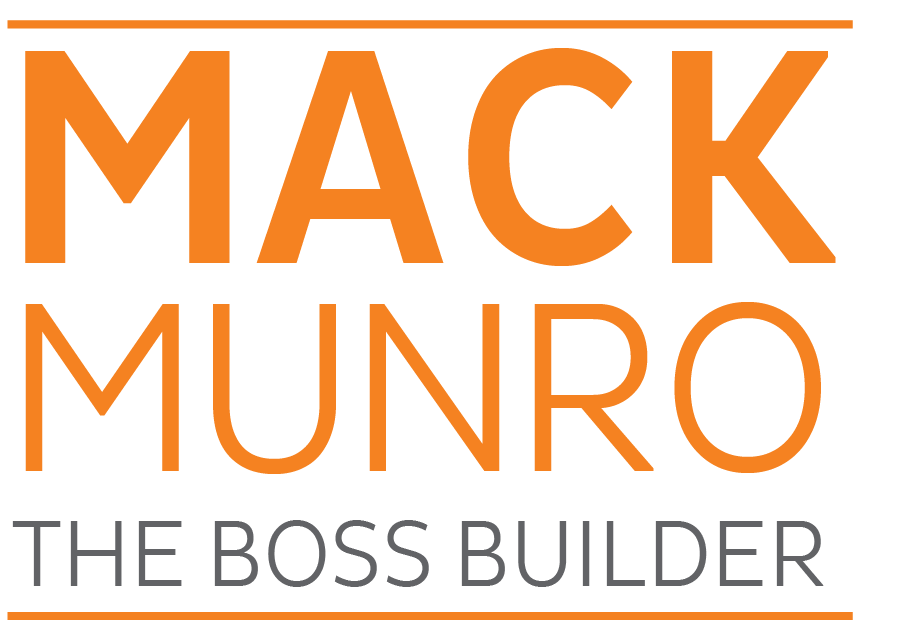
It’s time to play the game…
Time to play the game! Ha ha
It’s all about the game and how you play it.
All about control and if you can take it.
All about your debt and if you can pay it.
It’s all about pain and who’s gonna make it.
The Game by Motorhead
Organizational politics permeate most medium to large size organizations. If you’ve ever found yourself on the short end of a decision, you’ve probably blamed part of it on politics.
I define organizational politics as the informal channel that runs as an undercurrent through most organizations. It involves the use of power and influence to add an edge for those who need to get what they need to be successful.
It that’s true, then politics exist everywhere. You don’t have to like it, but you need to at least consider it. The key to successfully navigating around organizational politics is to know:
- Why they exist
- How to maximize your ability to succeed within them.
What causes organizational politics?
The more your organization has these conditions, the higher the politically-charged climate:
- Centralized power
- Ambiguous decision-making processes
- Subjective performance reviews
- Competition for resources
- Fixed-pie reward systems
Each of these involves a certain closed-off process for decisions. In the absence of information, people fill in the gaps. If this happens, you can bet people will jockey and try to leverage whatever they can to get ahead.
And by the way, the two most politically-charged types of organizations are hospitals and universities. That’s from personal experience!
How to I succeed at organizational politics?
First of all, decide to play the game. You may not like the idea of politics and believe there is a true meritocracy but trust me, you’ll be disappointed. Don’t be a political wuss.
Second, keep in mind that you possess a certain amount of power and influence. Identify these and maximize them:
Power
- Position power – based on my title
- Expertise power – based on what I know
- Proxy power – based on WHO I know.
- Personal power – based on how well-liked I am
- Charisma – based on how charming I am (not everyone has this by the way)
- Information power – based on what and how much I know and have
Influence
- Logical persuasion – using facts, figures, and logic to convince someone
- Common vision – to position your ideas to show the greater good
- Impact management –to use shocking statements to get attention
- Relationship building – to gain personal power by building rapport with others
- Interpersonal awareness – build rapport
- Organizational awareness – knowing who’s who so you can build proxy power
- Bargaining – exchanging different types of currencies and favors
Think of power and influence as your tools to successfully play the game.
…and
organizational politics is really a game…one you must win if you want to succeed.
Take the time now to school yourself in how to identify, navigate, and participate so you can win and get what you need and what your team needs to be successful.

